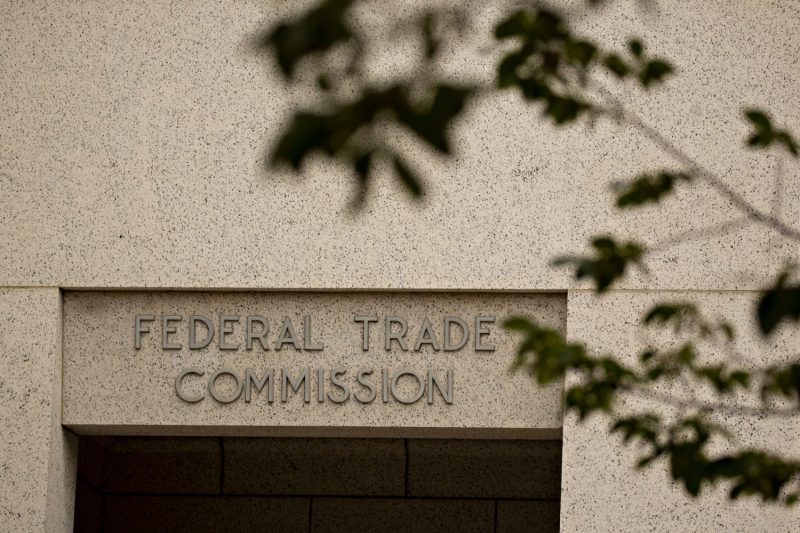The Federal Trade Commission Accuses Three Drug Middlemen of Inflating Insulin Prices
The Federal Trade Commission (FTC) recently made headlines by accusing three major drug middlemen of playing a role in artificially inflating the prices of insulin in the United States. This move comes as a significant development in the ongoing battle against rising prescription drug costs, particularly for life-saving medications like insulin that are crucial for individuals with diabetes.
The FTC has lodged complaints against the three drug middlemen – CVS Health Corp., Express Scripts Holdings, and OptumRx – alleging anticompetitive behavior and price manipulation within the insulin market. These companies, also known as pharmacy benefit managers (PBMs), are responsible for negotiating drug prices with manufacturers on behalf of health insurance plans and employers.
One of the key allegations made by the FTC is that the PBMs engaged in a practice known as spread pricing, where they charged health plans and employers significantly higher prices for insulin than what they actually paid to pharmacies. This, in turn, led to inflated costs for patients who rely on insulin to manage their diabetes.
The accusations put forth by the FTC shed light on a pervasive issue within the pharmaceutical industry, where complex pricing mechanisms and lack of transparency often result in heightened drug costs for consumers. The role of PBMs, which act as intermediaries between drug manufacturers, pharmacies, and health plans, has come under increased scrutiny in recent years for their influence on drug pricing and supply chain dynamics.
The FTC’s actions against these three major PBMs signal a renewed effort to address anticompetitive practices and ensure fair pricing within the pharmaceutical market. By holding these middlemen accountable for their involvement in inflating insulin prices, the FTC aims to protect consumers from paying exorbitant costs for essential medications.
In response to the allegations, CVS Health Corp., Express Scripts Holdings, and OptumRx have stated that they have not engaged in anticompetitive behavior and are committed to working with the FTC to address the concerns raised. The outcome of the investigations and potential legal proceedings stemming from these complaints will likely have far-reaching implications for how drug pricing is regulated and monitored in the future.
The FTC’s actions serve as a crucial reminder of the importance of oversight and regulation within the pharmaceutical industry to prevent price manipulation and ensure that essential medications remain accessible and affordable for those who need them most. As the investigations unfold and stakeholders in the industry respond to the allegations, the hope is that greater transparency and accountability will be achieved, ultimately leading to a more equitable healthcare system for all.

